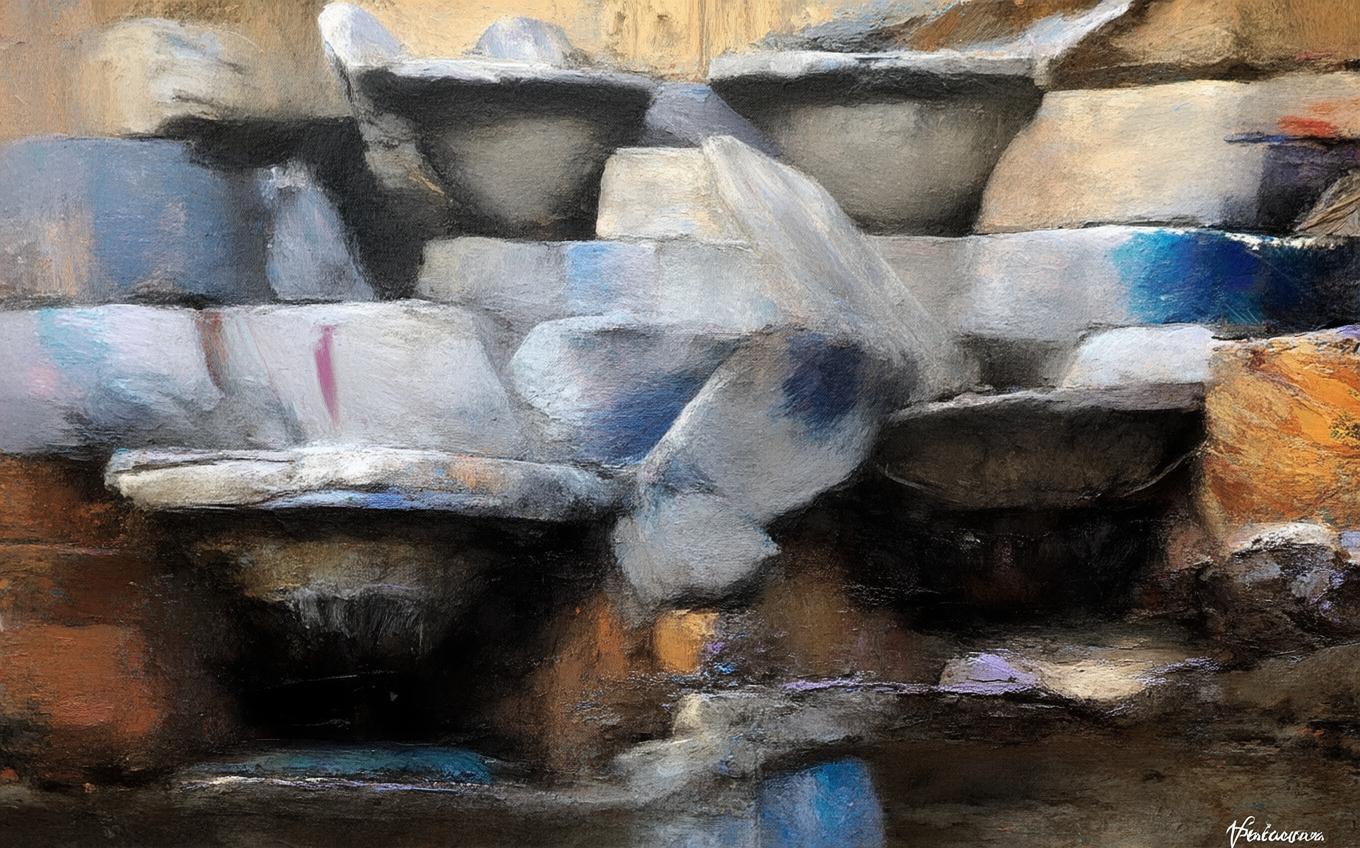Analysis of "苏武庙" - Classical Chinese Poetry
Introduction
The poem "苏武庙" (Sū Wǔ Miào) was written by the Tang Dynasty poet Wen Tingyun (温庭筠, c. 812–866), one of the most important poets of the late Tang period. This work commemorates the legendary Han Dynasty diplomat Su Wu (苏武), who remained famously loyal to China during 19 years of captivity among the Xiongnu nomads. The poem reflects on themes of loyalty, endurance, and the passage of time, standing as a powerful example of how Chinese poetry memorializes historical figures and moral ideals.
The Poem: Full Text and Translation
苏武魂销汉使前
Sū Wǔ hún xiāo Hàn shǐ qián
Su Wu's soul was stirred before the Han envoy
古祠高树两茫然
Gǔ cí gāo shù liǎng máng rán
Ancient temple and tall trees both stand in silent mystery
云边雁断胡天月
Yún biān yàn duàn Hú tiān yuè
Beyond clouds, wild geese vanish under barbarian moon
陇上羊归塞草烟
Lǒng shàng yáng guī sài cǎo yān
On the ridge, sheep return through frontier grasses' mist
回日楼台非甲帐
Huí rì lóu tái fēi jiǎ zhàng
Returning, he found towers no longer had warrior tents
去时冠剑是丁年
Qù shí guān jiàn shì dīng nián
When he left, his cap and sword marked his prime youth
茂陵不见封侯印
Mào líng bú jiàn fēng hóu yìn
The imperial tomb saw no noble's seal granted to him
空向秋波哭逝川
Kōng xiàng qiū bō kū shì chuān
In vain he wept over autumn waves for time's passing
Line-by-Line Analysis
Lines 1-2: The opening establishes the emotional core - the moment when Su Wu, after decades of captivity, finally meets Han Dynasty envoys. The "ancient temple and tall trees" create a solemn atmosphere, suggesting both the enduring nature of Su Wu's legacy and the obscurity of time.
Lines 3-4: These lines paint Su Wu's harsh nomadic existence through powerful frontier imagery. The disappearing wild geese symbolize lost messages and isolation, while the returning sheep reference Su Wu's forced work as a shepherd during captivity.
Lines 5-6: A poignant contrast between departure and return. The "warrior tents" of his youth contrast with the changed homeland he finds, emphasizing time's transformations and personal sacrifice.
Lines 7-8: The conclusion reveals the bittersweet nature of Su Wu's loyalty. Despite his endurance, he received little official recognition ("no noble's seal"), left only to lament the passage of time before the autumn river's waves.
Themes and Symbolism
Loyalty Beyond Reward: The poem celebrates Su Wu's unwavering devotion to his homeland despite receiving scant recognition, embodying the Confucian virtue of loyalty for its own sake.
Time's Passage: Natural imagery (autumn waves, changing landscapes) underscores how political circumstances change while moral character endures.
Frontier Symbolism: The wild geese, barbarian moon, and misty grasses all represent the cultural and physical divide between Chinese civilization and the northern steppes.
Cultural Context
Su Wu's story was (and remains) one of China's most celebrated tales of loyalty. During the Tang Dynasty when this was written, frontier conflicts made such stories particularly resonant. Wen Tingyun's poem reflects the Tang intellectual climate that valued both literary excellence and moral exemplars from history. The work also demonstrates how Chinese poets often used historical subjects to comment indirectly on contemporary matters.
Conclusion
"苏武庙" masterfully blends historical commemoration with profound meditation on time, loyalty, and the human cost of principle. Its enduring power lies in how Wen Tingyun gives emotional depth to a historical figure while posing universal questions about recognition and sacrifice. For modern readers, the poem offers insight into traditional Chinese values while speaking across cultures about the tensions between individual conviction and worldly reward. The autumn waves that close the poem remind us how all heroic acts ultimately merge with the relentless flow of time - yet through poetry, they continue to inspire.




Comments (0)
No comments yet. Be the first to comment!